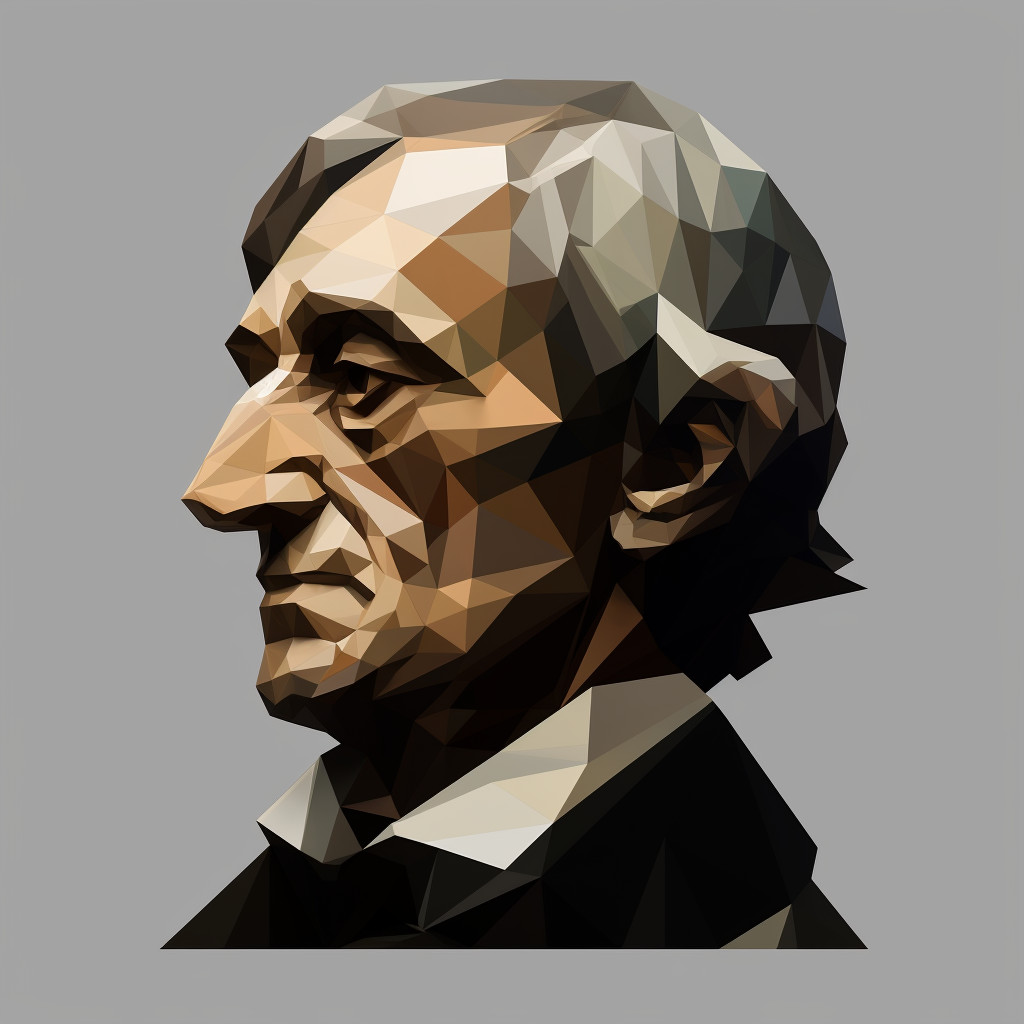This quote suggests that those who possess knowledge or intelligence have a responsibility towards those who lack it, and that responsibility is to educate them. It implies a social contract, where the knowledgeable are obliged to share their wisdom, not to dominate or belittle, but to uplift the less informed.
The quote presents education not just as a privilege, but as a right. It implies that everyone deserves access to knowledge, and those who hold it have a duty to distribute it. This perspective sees intelligence not as a personal asset, but as a communal resource that should be shared for the benefit of society.
In today’s world, this idea can be seen in various contexts. For instance, it can be applied to the digital divide, where those who are tech-savvy have a responsibility to help those who are not. Similarly, it can be seen in the fight against misinformation, where informed individuals are called upon to correct misconceptions and spread accurate information.
In terms of personal development, this quote encourages us to not hoard our knowledge, but to share it. It suggests that part of personal growth is not just gaining wisdom, but also spreading it. It promotes the idea of mentorship, where experienced individuals guide the less experienced. It also encourages humility, as it reminds us that being intelligent does not make us superior, but gives us a responsibility to help others.
Overall, the quote presents a vision of society where knowledge is shared, not monopolized, and where education is seen as a right, not a privilege. It encourages us to see intelligence as a tool for social improvement, rather than personal gain.










